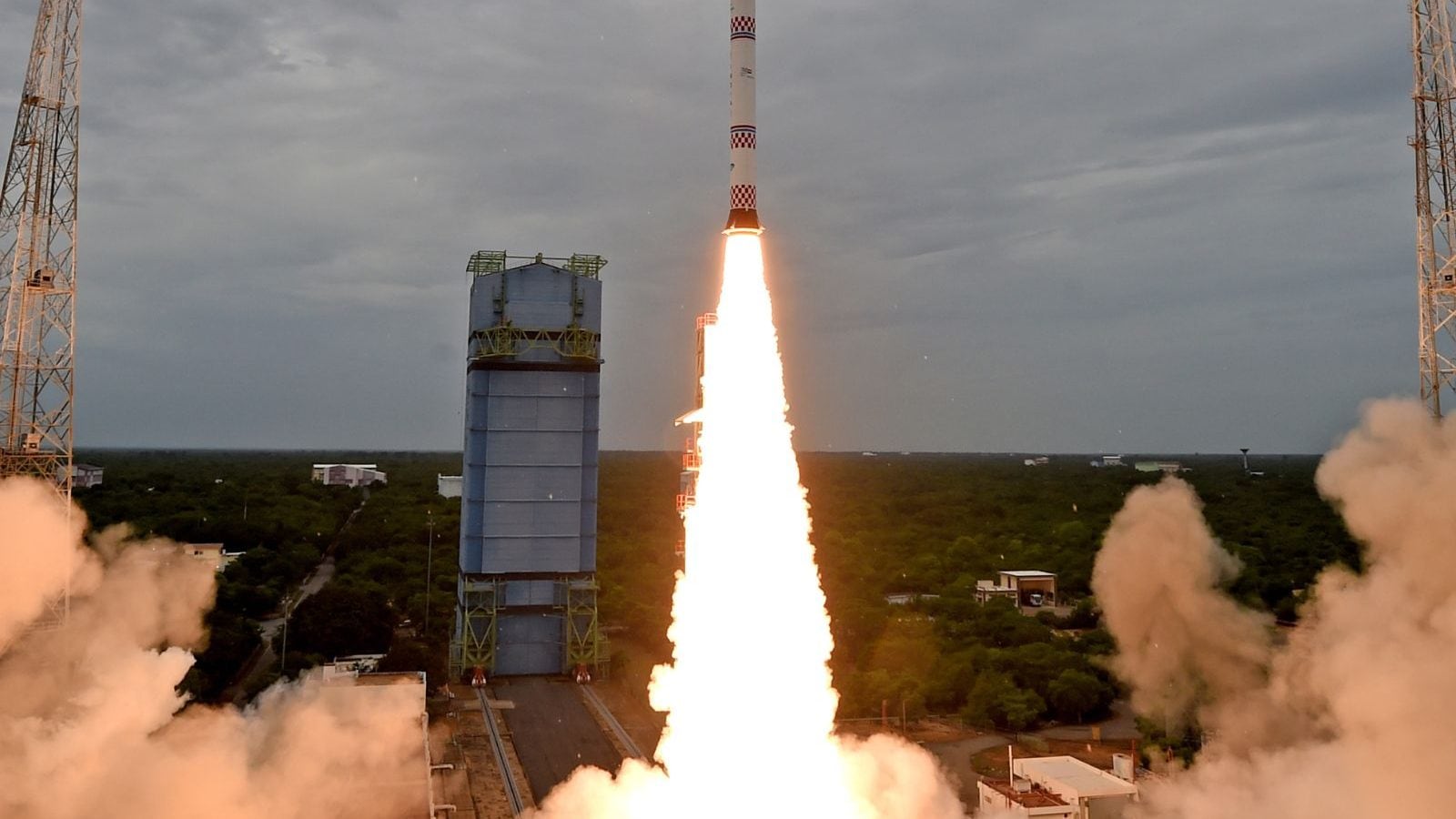Looks like India’s private space sector will begin the new year with a high. With a slew of high-octane activities lined up, it is determined to keep the momentum going well into the next year, said IN-SPACe chairperson Pawan Goenka.
The next big launch this month will come with Chennai-based start-up Agnikul, which will lift off its sub-orbital rocket ‘Agnibaan’ from the newly-designed launch-pad.
In an exclusive interview to News18, Dr Goenka said the government now has over 100 space start-ups registered with it compared to just 30 two years ago. “We have also received over 150 applications for carrying out launches, designing ground stations, and using ISRO’s facilities. Clearly, the beginning has happened,” he said emphatically.
A host of start-ups have tested and demonstrated their space technologies over the last six months with support from government-run Indian Space Research Organisation (ISRO). From building satellites to designing launch-pads, and mission control centers, they are now even ready to send their rockets into space.
Thrust on Smaller Satellites
While ISRO’s PSLV and GSLV will continue to be carriers of large payloads for big missions, the private sector will mainly tap into demand for launch of smaller satellites. “Lot of new satellites will be smaller, and that’s where the thrust of private sector is. So, for that, we will have the SSLV and the rockets being developed by start-ups like Skyroot, which will test its Vikram-series rocket for orbital flight next year and then Agnikul,” he noted.
Such launch vehicles will carry satellites weighing less than 500 kg into the low-earth orbit at an altitude of 500-600 km. They will be cost-effective, and convenient to build in short time. Asked about SSLV’s unsuccessful maiden flight in August, Dr Goenka said, “Too much is being made of the first launch. It was a developmental mission — and there are two more test flights to go. Hopefully, the second one happening towards year-end will fix the problem we encountered in the first, before we declare SSLV ready for use.”
Eyeing Larger Share of Global Space Economy
The global space economy is growing upwards of $350 billion while India’s share stands at only 2%, which the Indian National Space Promotion and Authorisation Centre (IN-SPACe) is determined to increase.
“It is currently about $7-8 billion. But we would like to see it multiply enough so that we get a fair share in the global space economy. For that, private sector will have to play a major role,” he added.
Not just rocket launches, the nodal agency also has plans to leverage the power of space to improve day-to-day life of people. Disaster management, agriculture, urban planning, navigation — it is looking to monetise the massive space data, which is being used for various applications with the help of start-ups.
Growing Investor Interest
The recent success of the private space missions has also piqued the interest of investors. According to Dr Goenka, there has been $110 million investment in space start-up ecosystem this year alone, which is “much more than the cumulative investment that has happened until now”.
“The investor interest is going up. Lot of queries are coming in from investors. There is definitely optimism. But the work is far from done,” he said, highlighting that eventually, it is the investors who will have to carry the day in terms of funding, and IN-SPACe will play a major role in instilling that confidence in them. The nodal space agency inked its biggest commercial deal this year with the launch of 36 satellite for British satellite giant One-Web.
Elaborating on the initiatives being planned to support the space start-ups, Dr Goenka also a former MD of automobile giant Mahindra & Mahindra said the government is looking to bring some kind of discount on the use of ISRO’s facilities by private sector for a limited period so that they can come up to speed. “It will be announced fairly soon. Second, we are working on developing a seed fund to provide a small grant to new start-ups before they go in for their own angel or seed funding. Just to get them started,” he added.
A Beginning…
India had a late start for the private space sector to come in as technology provider. Many countries have had that for a long time. Nonetheless, it took its first step by opening up the sector for private participation in 2020. Buoyed by the recent success of its first privately-built rocket Vikram-S by Skyroot followed by Thybolt mission of Dhruva Space, the sector is now seeking its moment of glory.
“This was a start. But now we have to ramp up very quickly. If the space economy is $400 billion, and we are at $8 billion, then there is a lot of room to grow. Next 2-3 years will be critical to see in how much momentum we pick up. If we saw 5-6 launches this year, we would like to see it multiply next year, and see more investment too,” he said emphatically.
Read all the Latest India News here


